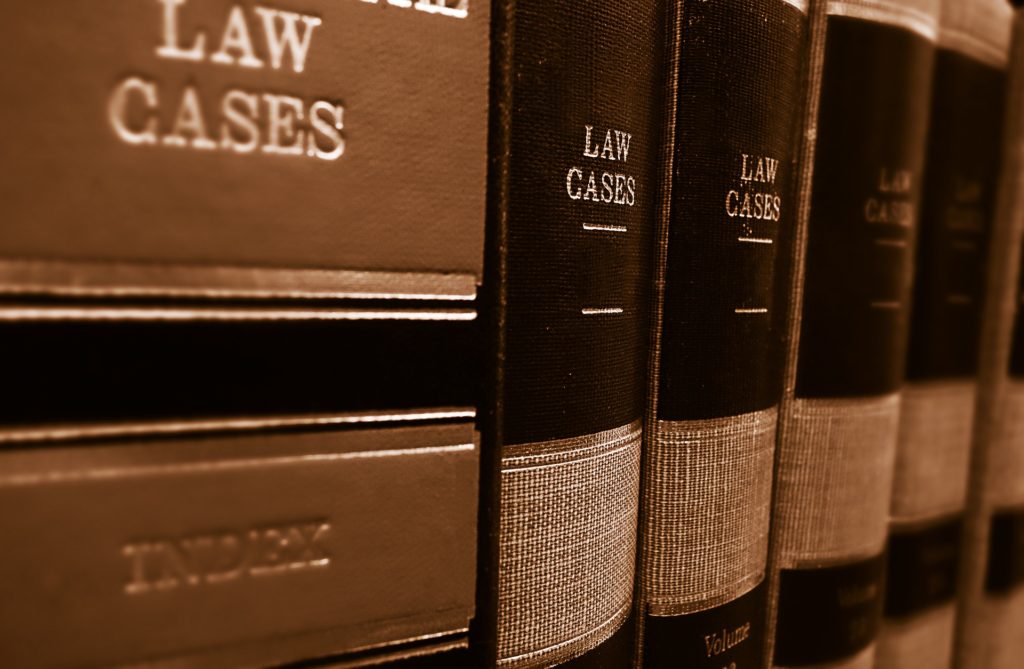
On November 12th, the Federal Court of Canada dismissed a motion for certification of a reverse class action lawsuit that was brought against potentially thousands of Canadiansby Voltage Pictures, LLC, a Canadian film production company (“Voltage”).
Voltage was able to identify thousands of IP addresses that were alleged to have infringed copyright by offering or uploading its films through BitTorrent, a peer-to-peer file sharing platform.
In 2016, it brought a motion for an order to certify its application as a respondent class proceeding. The proposed class respondents were all those individuals whose internet accounts had been detected as involved in direct or indirect infringement of its films or offering the copyrighted works for download.
Voltage has already brought 96 of these lawsuits against classes of unnamed defendants in the United States, according to an affidavit which was submitted to the Court. This litigation strategy has often been dubbed “copyright trolling” by its opponents.
A preliminary issue which was raised before the Court was the respondents’ lack of an incentive to defend themselves. This issue was solved through the intervention of the Samuelson-Glushcko Canadian Internet Policy and Public Interest Clinic (CIPPIC), which submitted strong arguments against certification.
The Court then applied the five-factor test that is set out in Rule 334.16 of the Federal Court Rules:
- do the pleadings disclose a reasonable cause of action?
- is there an identifiable class of two or more persons?
- do the claims raise common questions of law or fact?
- is the class proceeding the preferable procedure for the just resolution of the common questions?
- is there a representative applicant who would fairly and adequately represent the interests of the class?
As for the first question, the Court sided with CIPPIC and refused to recognize a reasonable cause of action. It held that Voltage was not able to identify a direct infringer. As for indirect infringers, these were defined as parties, such as landlords, whose internet accounts were used to infringe, although they were not personally involved. The Court held that this did not amount to infringement by authorization, as was argued by Voltage. As for offering the copyrighted works for download, the Court held that sharing a file on BitTorrent does not amount to offering, as files can be shared on this platform without a user’s knowledge. Thus, Voltage was unable to prove prima facie that it had a reasonable cause of action.
As for the second question, the Court held that mere allegations of the possession of thousands of IP addresses, with the possibility of subsequently identifying to whom these addresses are linked was insufficient to prove the existence of a class of two or more persons, as it is impossible to link the IP addresses with the specific persons who are responsible for the infringement.
As for the third question, the Court held that Voltage did not sufficiently advance common issues. Among the nine questions that were submitted to the Court by Voltage, only two questions were considered common to all respondents.
As for the fourth question, the Court held that the class proceeding was not the preferable procedure, for the following reasons: the application mainly raises individual issues, the class proceeding mostly relies on public resources as a means to private ends, the plan overly depends on the notice-to-notice regime and would unfairly burden internet service providers and there is a possibility that all members of the proposed respondent class could opt-out of the proceedings, making these moot.
Finally, for the fifth question, the Court held that the chosen representative, a Mr. Salna, whose account had been identified as linked with infringement, was not a suitable representative as he shared no common interests with other members and had no financial incentive to defend his fellow members.
The motion was therefore dismissed.
This decision may have a profound impact on the use of reverse class action lawsuits.
Learn more about our copyright practice.
Geneviève is a member of the Intellectual Property and Life Sciences Groups at the Québec City office. In intellectual property, she advises clients in both litigation and in contract matters in various fields of intellectual property law, including trademarks.
